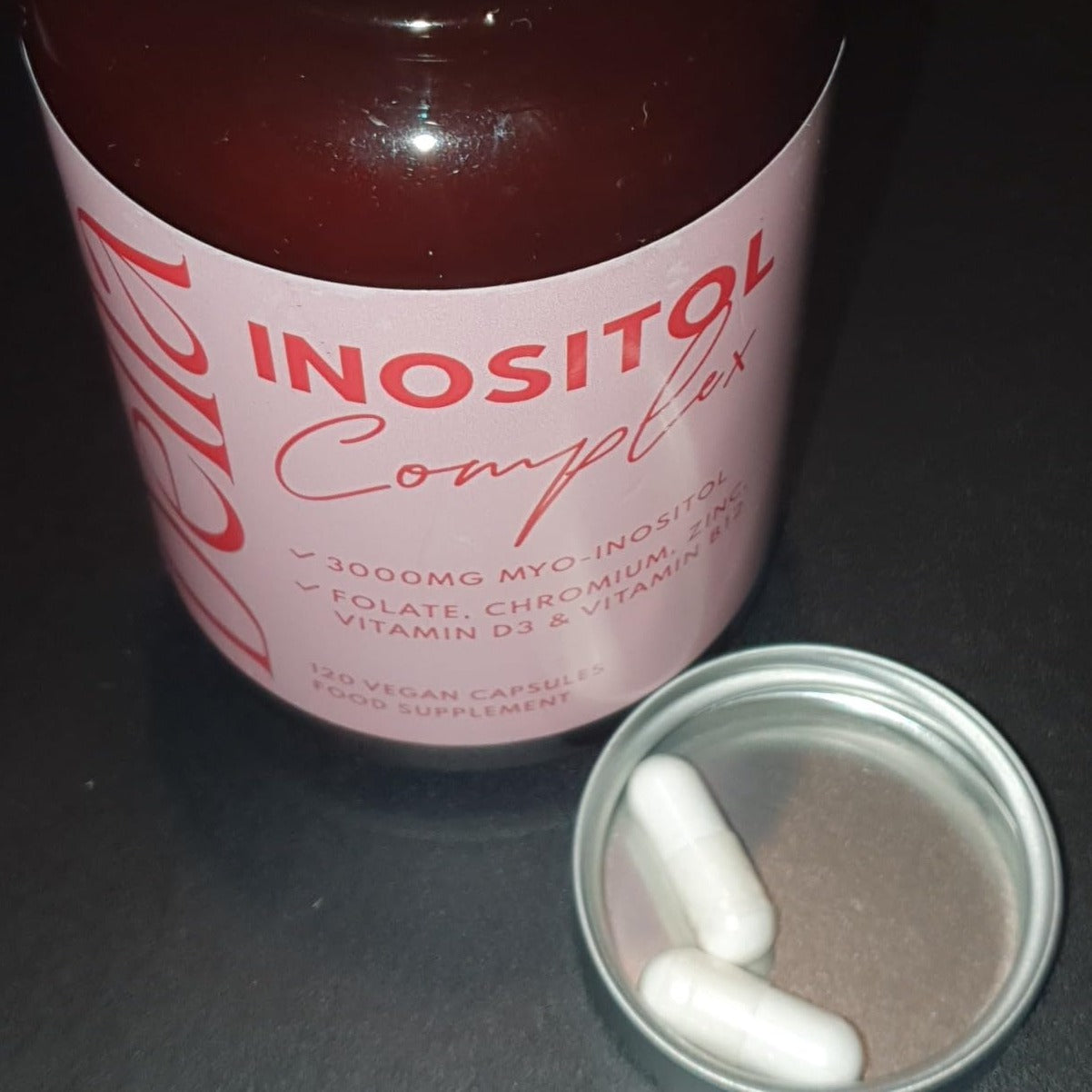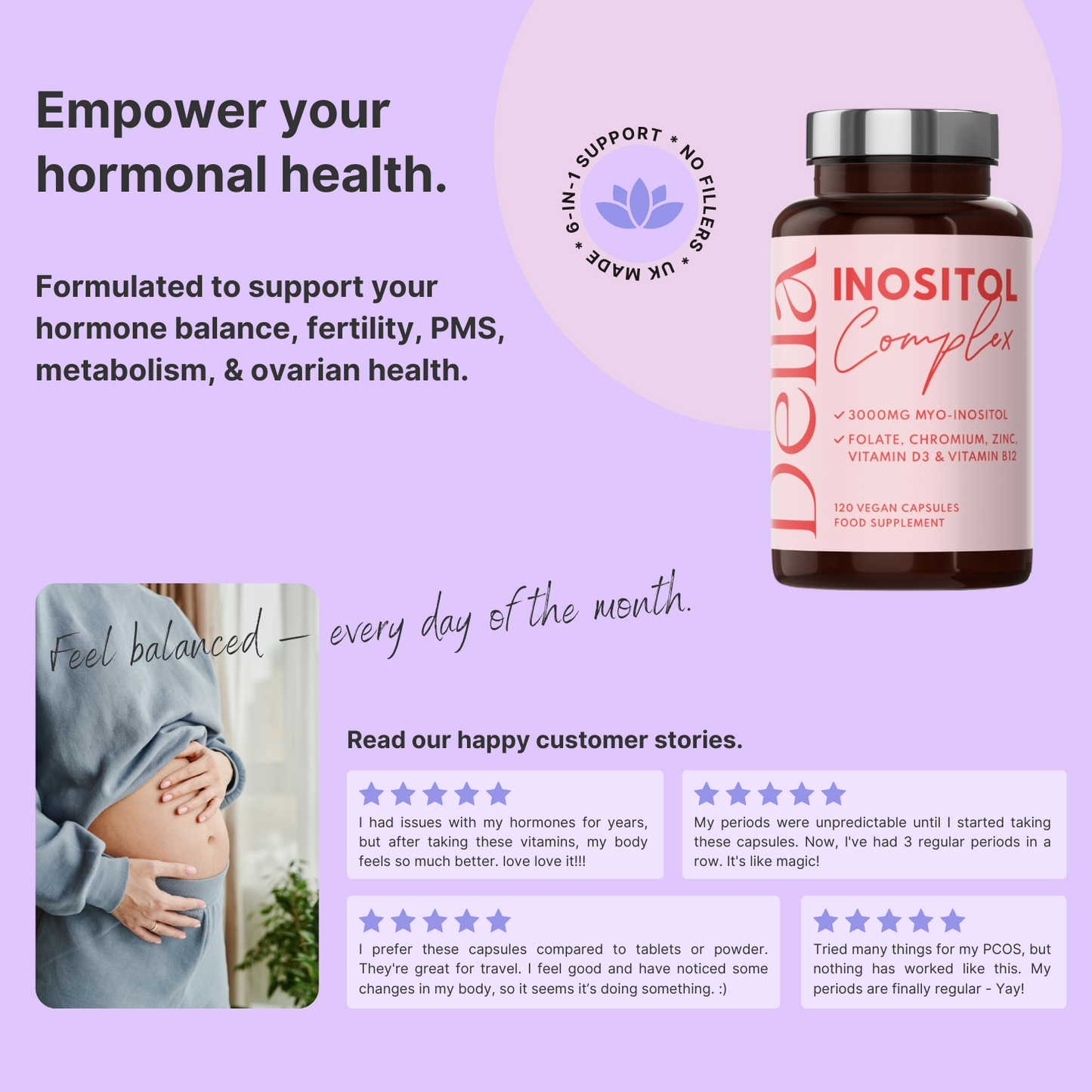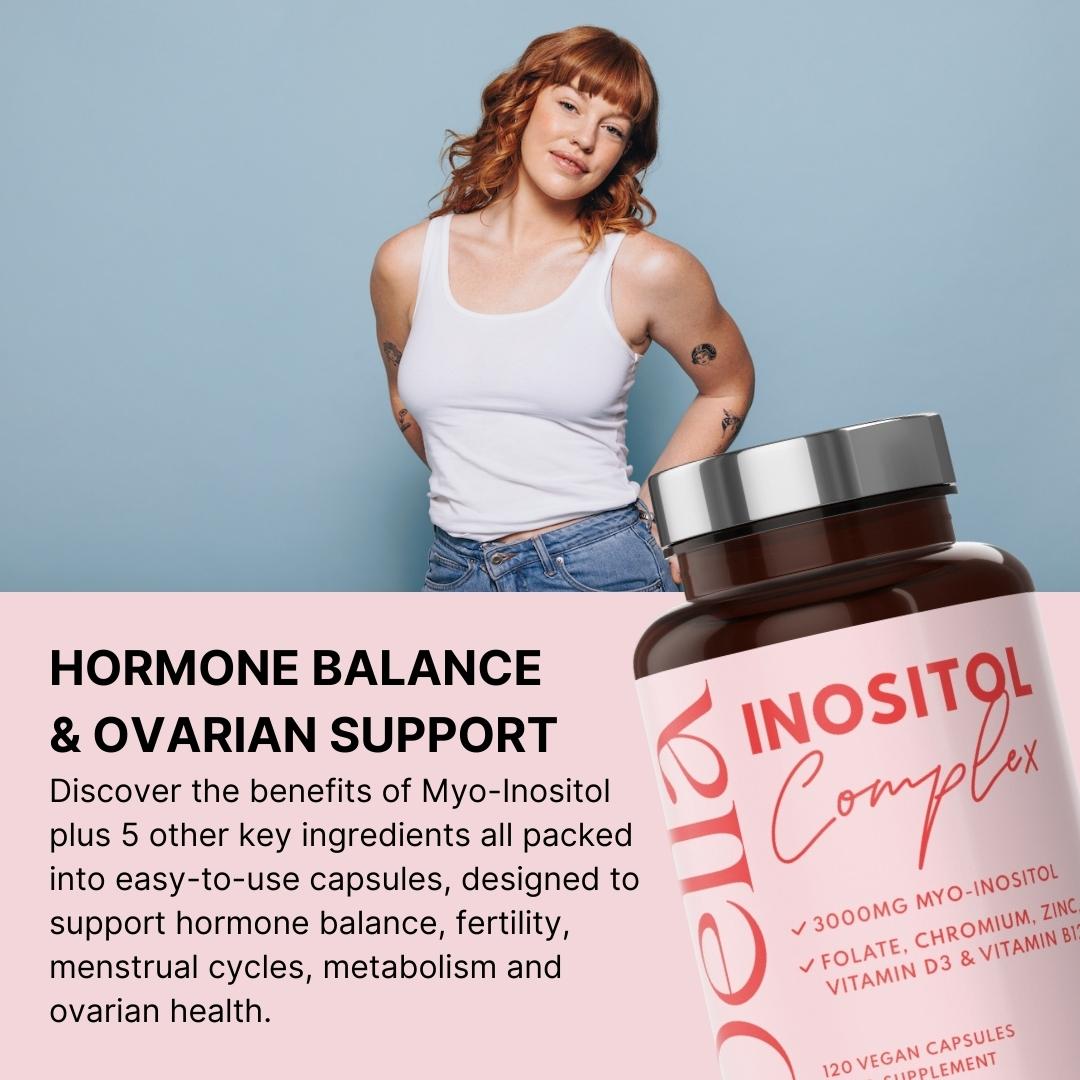Sleep was always a topic of conversation in my family growing up. I’ve been fortunate to have very few sleep issues, but my mother (who also has PCOS), has been struggling with it for decades.
The Connection Between Sleep and PCOS
Recent research shows poor sleep is around 1.5 times more likely in women with PCOS compared to those without PCOS. Women with PCOS may be more prone to developing sleep apnea, a serious sleep disorder characterised by repeated pauses in breathing during sleep. Sleep apnea can lead to sleep deprivation, exhaustion, and a lower quality of life. The risk of developing sleep apnea is increased, especially in cases of overweight or insulin resistance.
Fatigue and mood disorders associated with PCOS can also contribute to sleep problems. Managing these issues and prioritising sleep hygiene can significantly improve sleep quality and overall well-being for women with PCOS.
PCOS Health Benefits of Getting Quality, Deep Sleep
Quality sleep is essential for physical and mental well-being. It allows the body to recover, reduces stress levels, boosts mood and energy, and supports the immune system. Studies have also shown that deep sleep can help regulate insulin levels and reduce the risk of developing diabetes, which is often associated with PCOS. Additionally, deep sleep helps reduce inflammation throughout the body, which can alleviate some of the symptoms associated with PCOS.
Meanwhile, poor sleep hygiene can lead to poor-quality sleep, which can have negative effects on overall health and exacerbate PCOS symptoms.

9 Tips for Better PCOS Sleep Hygiene
- Establish a consistent sleep schedule: Set a fixed bedtime and wake-up time to regulate your body's internal clock.
- Create a soothing bedtime routine: Engage in relaxing activities like reading, taking a warm bath, or practising mindfulness or meditation techniques before bed.
- Design a sleep-friendly environment: Keep your bedroom cool, dark, and quiet. Invest in a comfortable mattress, pillows, and bedding to enhance relaxation and support.
- Limit screen time before bed: Avoid using electronic devices at least one hour before sleep to prevent disruption of your sleep-wake cycle.
- Try white noise: For some people, the grainy static sound you hear in white noise can improve sleep. It helps by masking the background noise and tuning it out. One recent study found that 38% of people fell asleep faster listening to white noise.
- Manage stress: Practice stress management techniques such as deep breathing exercises, yoga, or journaling to promote relaxation before sleep.
- Exercise regularly: Engage in regular physical activity to regulate hormones, improve insulin sensitivity, and promote better sleep. Avoid intense exercise close to bedtime.
- Prioritise a balanced diet: Opt for a diet rich in whole grains, lean proteins, fruits, and vegetables. Avoid heavy meals before bedtime to prevent discomfort and sleep disruption.
- Consider supplements: Magnesium and Ashwagandha are two popular supplements that are commonly used to help improve sleep. Magnesium glycinate is considered to be the most effective type of magnesium for bettering sleep, as it may help relax both the nervous system and your muscles. Ashwagandha has been shown to modulate the activity of neurotransmitters like GABA, which helps induce relaxation and calmness, thereby promoting better sleep. It also has stress-reducing properties, helping to lower cortisol levels (that are usually high in PCOS), which can interfere with sleep.
I hope this article helped explain the importance of a consistent sleep schedule for women with PCOS, why it is crucial to take it seriously and that you've found some new and useful tips to incorporate when creating your own sleeping routine.
PCOS SLEEP FAQ
- Why are women with PCOS more prone to sleep problems?
Women with PCOS may be more prone to sleep problems due to factors such as being overweight or having insulin resistance. Additionally, fatigue and mood disorders associated with PCOS can contribute to sleep disturbances.
- What is sleep apnea, and why are women with PCOS at a higher risk?
Sleep apnea is a sleep disorder characterised by repeated pauses in breathing during sleep. Women with PCOS are at a higher risk of developing sleep apnea, especially in cases of overweight or insulin resistance. Sleep apnea can lead to sleep deprivation, exhaustion, and a lower quality of life.
- What are the health benefits of getting quality, deep sleep for women with PCOS?
Quality sleep is essential for physical and mental well-being. It allows the body to recover, reduces stress levels, boosts mood and energy, and supports the immune system. Deep sleep can also help regulate insulin levels and reduce the risk of developing diabetes, which is often associated with PCOS. Additionally, deep sleep helps reduce inflammation throughout the body, alleviating some PCOS symptoms.
- How can poor sleep hygiene worsen PCOS symptoms?
Poor sleep hygiene, such as inconsistent sleep schedules or a disruptive sleep environment, can lead to poor-quality sleep. This can have negative effects on overall health and exacerbate PCOS symptoms, including fatigue, mood disorders, and hormonal imbalances.
- What are some tips for better sleep hygiene for women with PCOS?
Some tips for better sleep hygiene include establishing a consistent sleep schedule, creating a soothing bedtime routine, designing a sleep-friendly environment (cool, dark, and quiet), limiting screen time before bed, trying white noise, managing stress, engaging in regular exercise, prioritising a balanced diet, and considering supplements like magnesium and Ashwagandha.
- Why is it important to limit screen time before bed?
Using electronic devices before bed can disrupt the sleep-wake cycle due to the blue light emitted by these devices. This can make it harder to fall asleep and negatively impact sleep quality. Limiting screen time at least one hour before sleep helps promote a more restful sleep.
- How does exercise help improve sleep for women with PCOS?
Regular physical activity helps regulate hormones, improve insulin sensitivity, and promote better sleep. However, it is advisable to avoid intense exercise close to bedtime, as it can have a stimulating effect and make it harder to fall asleep.
- Can a balanced diet contribute to better sleep for women with PCOS?
Yes, a balanced diet plays a role in promoting better sleep. Opting for a diet rich in whole grains, lean proteins, fruits, and vegetables provides the necessary nutrients to support overall health, including sleep. It is advisable to avoid heavy meals before bedtime to prevent discomfort and sleep disruption.
- What are some popular supplements that can help improve sleep for women with PCOS?
Two popular supplements commonly used to improve sleep are magnesium and Ashwagandha. Magnesium glycinate is considered the most effective type of magnesium for better sleep, as it helps relax both the nervous system and muscles. Ashwagandha has been shown to modulate neurotransmitters like GABA, inducing relaxation and calmness while reducing stress levels, which can interfere with sleep.
- How can better sleep hygiene positively impact the overall well-being of women with PCOS?
Implementing better sleep hygiene practices can significantly improve sleep quality and overall well-being for women with PCOS. It can help manage fatigue, mood disorders, and hormonal imbalances associated with PCOS. Adequate and restorative sleep supports physical and emotional health, allowing individuals to lead fulfilling lives despite the challenges of PCOS.










